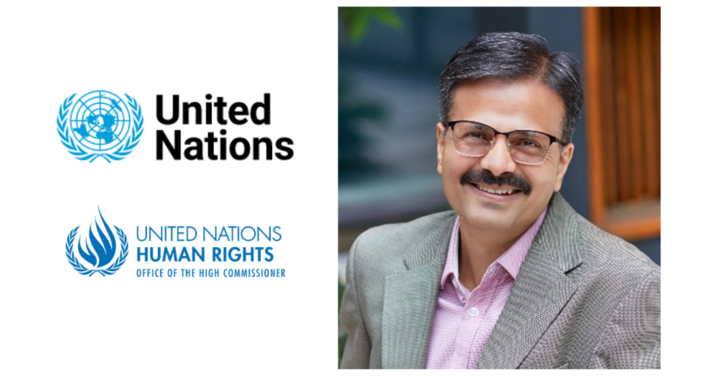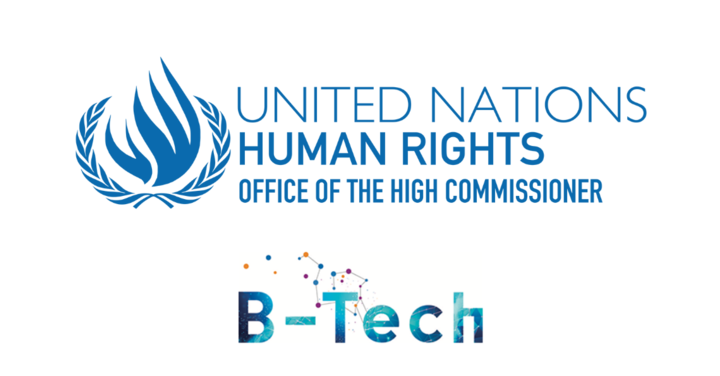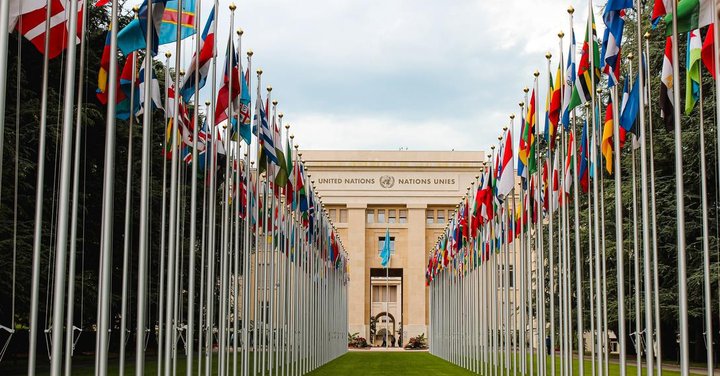What is OHCHR?
Human rights make up one of the three founding pillars of the United Nations system (together with "peace and security" and "development"). The Office of the UN High Commissioner for Human Rights (OHCHR) – also known as the UN Human Rights Office – is mandated to promote and protect all human rights established in the UN Charter and in international human rights laws and treaties.
Operationally, OHCHR works with governments, legislatures, courts, national institutions, civil society, the business community, regional and international organisations, and the UN system to develop and strengthen the protection of human rights, particularly at the national level, in accordance with international norms. OHCHR also supports the work of the UN human rights mechanisms, including the treaty bodies established to monitor State Parties' compliance with the core international human rights treaties and the Special Procedures of the Human Rights Council.
OHCHR is led by the High Commissioner for Human Rights, the principal human rights official of the UN. It employs approximately 1,085 staff based in Geneva, New York and 26 country/regional offices. It is funded from the UN regular budget and from voluntary contributions from Member States, intergovernmental organisations, foundations and individuals.
Why is OHCHR relevant to business?
Although the bulk of OHCHR's work has traditionally been focused on States, it is increasingly shining the spotlight on the role and impact of business operations vis-à-vis the enjoyment of human rights.
In this regard, OHCHR's work is largely concerned with advancing and monitoring international norms; providing a platform for various stakeholders to raise and discuss grievances and broad human-rights related challenges; and making recommendations to responsible parties.
Examples of OHCHR's work as it concerns business:
- Provides Secretariat support for the Open-ended Intergovernmental Working Group for a legally binding instrument on transnational corporations and other business enterprises (IGWG);
- Provides Secretariat support for UN Treaty Body Committees, such as the Committee on Economic, Social and Cultural Rights (CESCR), which in August 2017 released "General comment No. 24 on State obligations under the International Covenant on Economic, Social and Cultural Rights in the context of business activities";
- Mandated by the Human Rights Council to provide workable guidance to States under the "OHCHR Accountability and Remedy Project: Improving accountability and access to remedy in cases of business involvement in human rights abuses" (ARP);
- Mandated by the Human Rights Council to produce a database of all business enterprises engaged in certain Israeli settlement activity in the occupied Palestinian territory;
- Provides Secretariat support to Special Procedure Mandate holders, including the UN Working Group on Business and Human Rights which has the following workstreams: the State as an economic actor; State national action plans (NAPs); human rights defenders and civic space; the Sustainable Development Goals; a gender lens to the UN Guiding Principles on Business and Human Rights (UNGPs); and corporate human rights due diligence;
- Convenes global multi-stakeholder events such as the annual UN Forum on Business and Human Rights.
How is the IOE involved with OHCHR?
The IOE has been actively engaged in OHCHR's work for many decades, including in the development and promotion of the UN Guiding Principles on Business and Human Rights (UNGPs) – which is the authoritative global standard on business and human rights, unanimously endorsed by the Human Rights Council in 2011.
We provide a critical business perspective in OHCHR's work and we advocate on behalf of business for reasonable, realistic and workable solutions to the world's myriad human rights-related challenges.
How does the IOE’s work with OHCHR advance the agenda for business?
The IOE's active participation in OHCHR's work over the years has meant that business has been represented and its concerns reflected in the development and dissemination of UN standards and guidance, such as the UNGPs. One important role we provide is to help ground UN discussions in business reality and to explain whether proposed solutions to complex issues would work or not.
At the same time, the IOE helps ensure international policy coherence between the work of OHCHR and other Government-led organisations such as the ILO, the OECD and the G20, as well as between OHCHR and initiatives by other non-State bodies such as the UN Global Compact, GRI and ISO.
Amid a welter of standards and tools, the IOE also helps the business community to understand what – in concrete terms – it needs to do to meet the expected standard of conduct on human rights.
No upcoming events currently scheduled...








